Watarase-yusuichi is the largest detention basin in Japan, covering an area of 33 square kilometers. It is a vast expanse of reed beds, lakes, marshes, and riverside forests. 1,000 species of plants, 260 species of birds, 1,700 species of insects, and 50 species of fish have been recorded. Because of this rich biota, the area has been designated as a registered wetland under the Ramsar Convention.
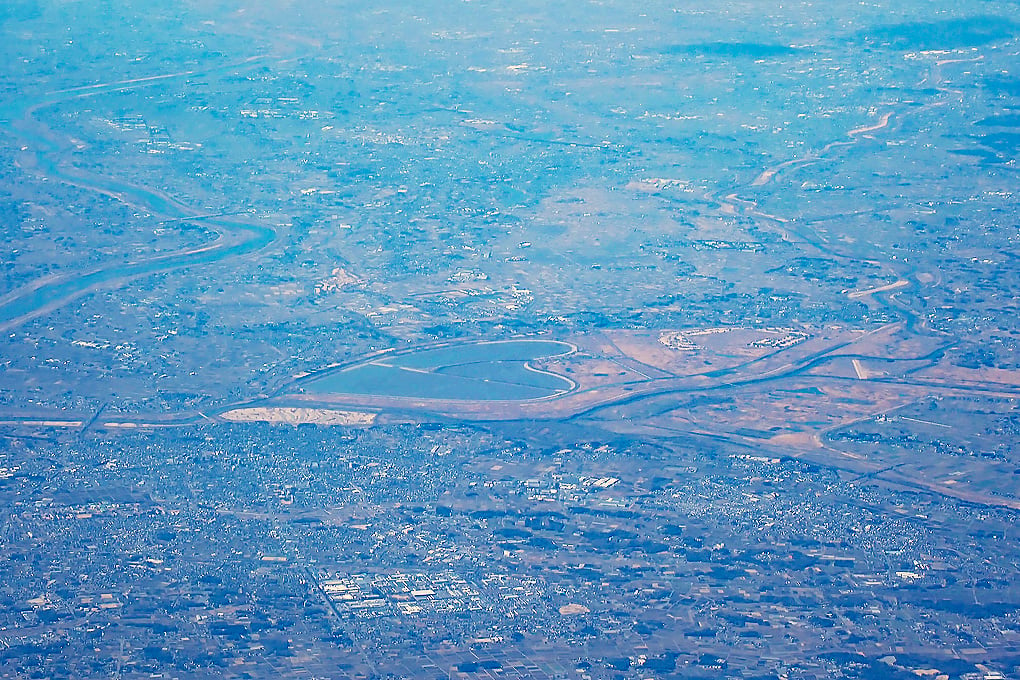
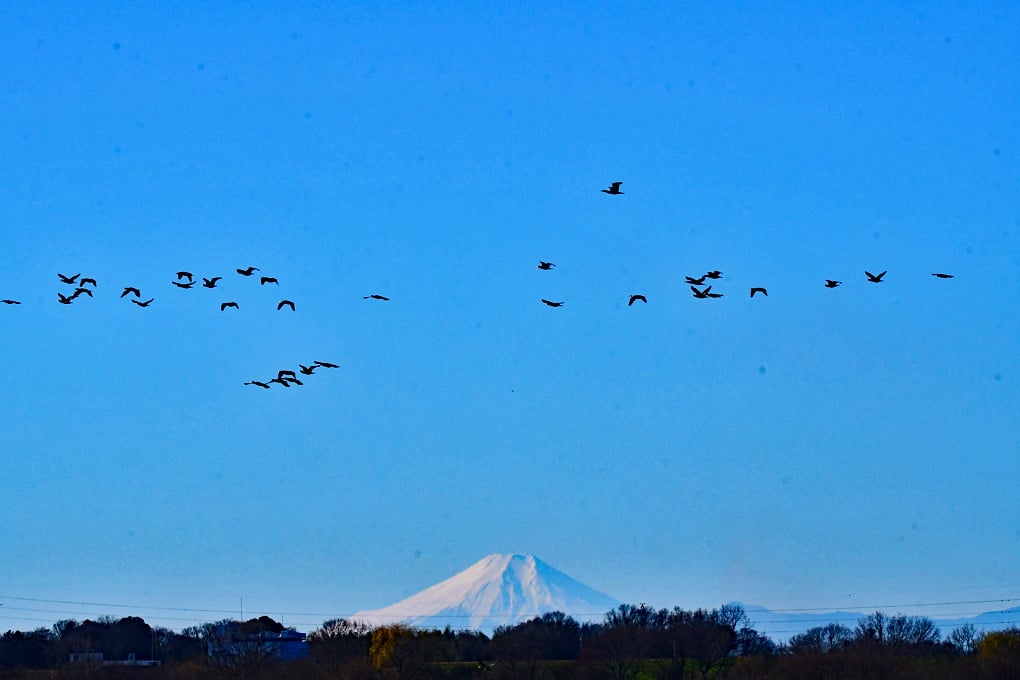
One of the Best Raptor Wintering Grounds in Japan
Twenty-five species of eagles and hawks have been recorded so far, especially in winter, and the area is one of the best wintering grounds in Japan—especially for the eastern marsh harrier. Several species of owls can also be seen here.
Eastern Marsh Harrier
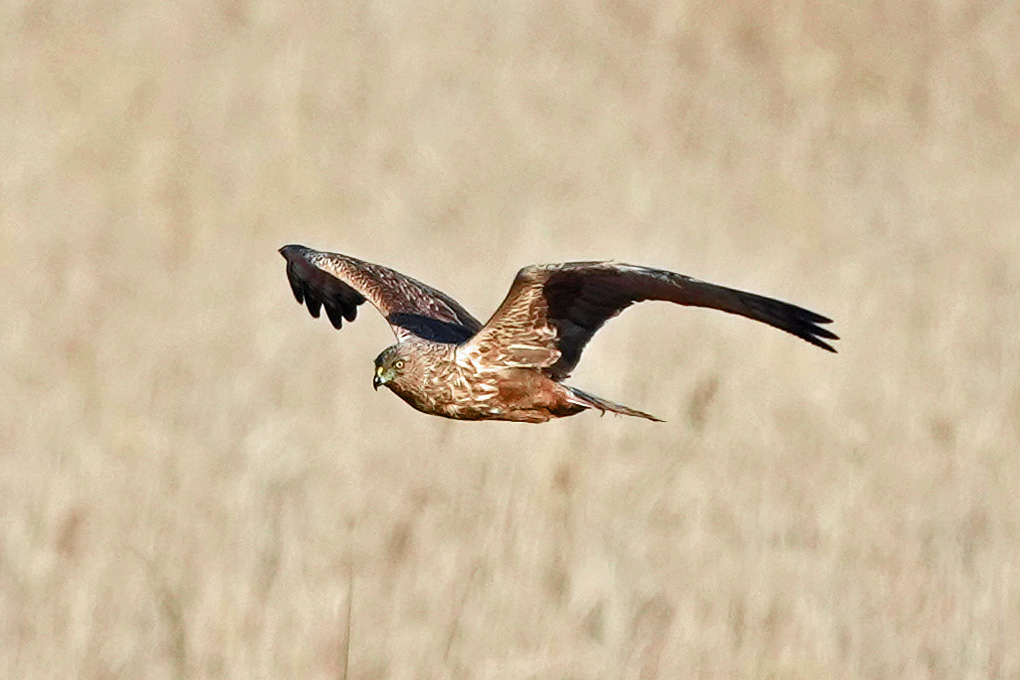 Although they are resident birds, their numbers increase every winterdue to migration. They can be seen in reed beds and nearby rice fields, and return to their roosts in the floodplain at sunset.
Although they are resident birds, their numbers increase every winterdue to migration. They can be seen in reed beds and nearby rice fields, and return to their roosts in the floodplain at sunset.
Hen Harrier
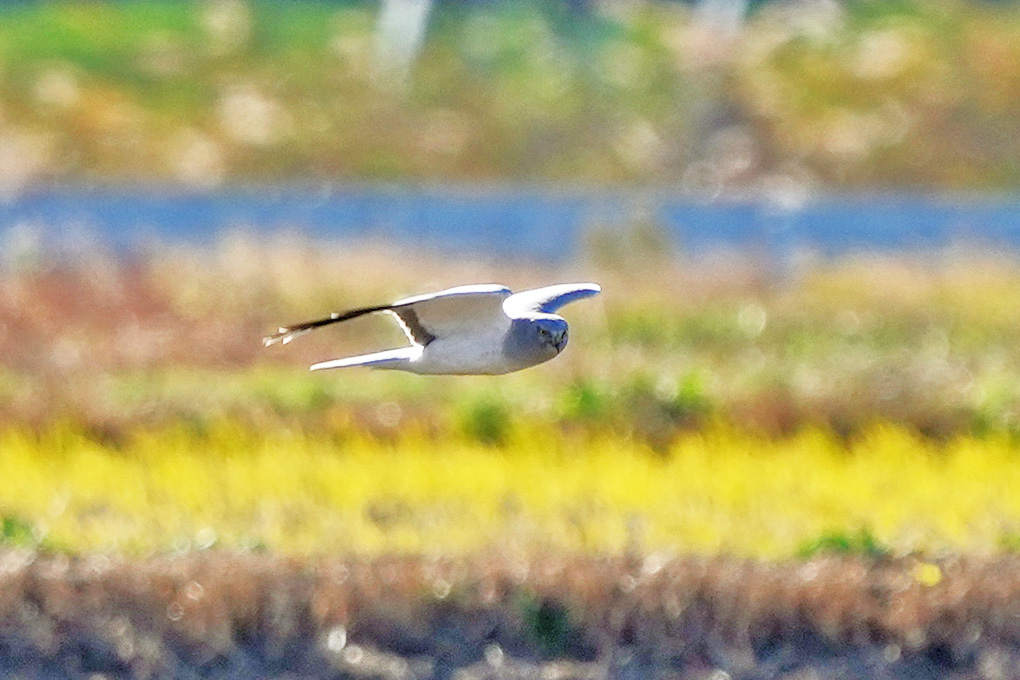 A winter bird, it can be seen in reed beds and nearby rice fields, returning to its roost in the playground at sunset. They are few in number.
A winter bird, it can be seen in reed beds and nearby rice fields, returning to its roost in the playground at sunset. They are few in number.
Eastern Buzzard
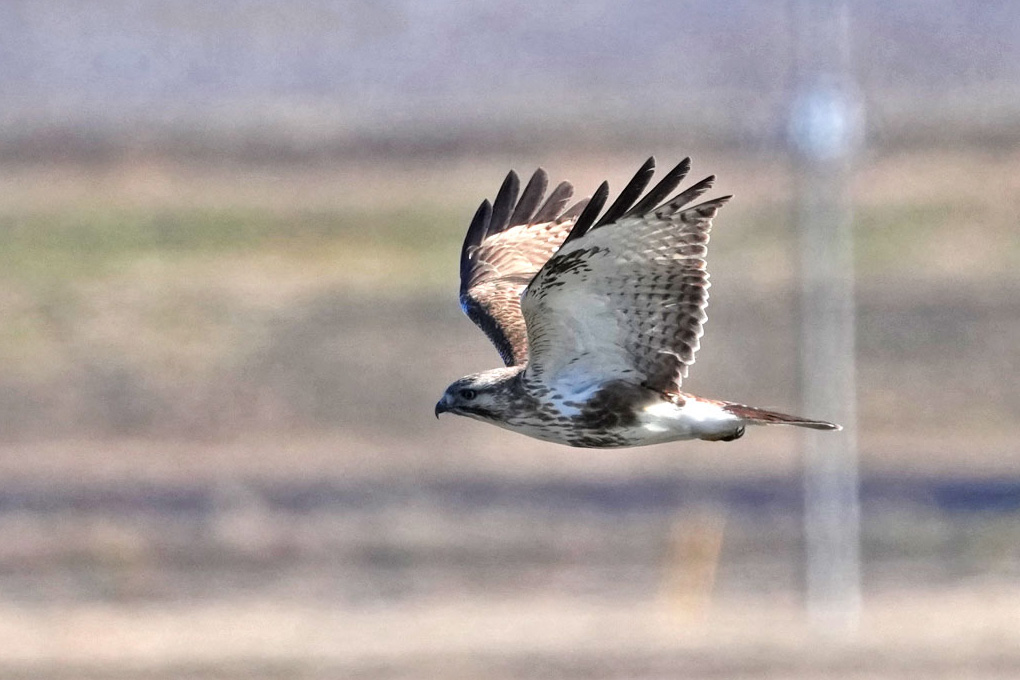 They are resident birds, but their numbers increase every winter due to migration from the mountains. The most common species, along with the kite.
They are resident birds, but their numbers increase every winter due to migration from the mountains. The most common species, along with the kite.
Eurasian Goshawk
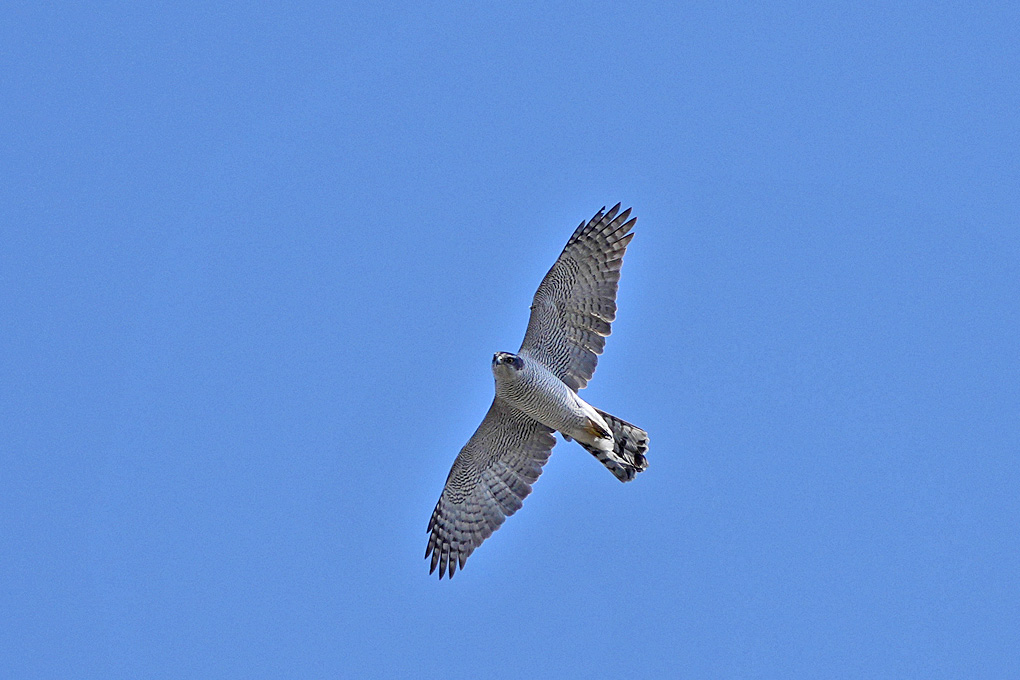 A resident bird, it can be seen flying in a variety of environments from forests to reed beds.
A resident bird, it can be seen flying in a variety of environments from forests to reed beds.
Osprey
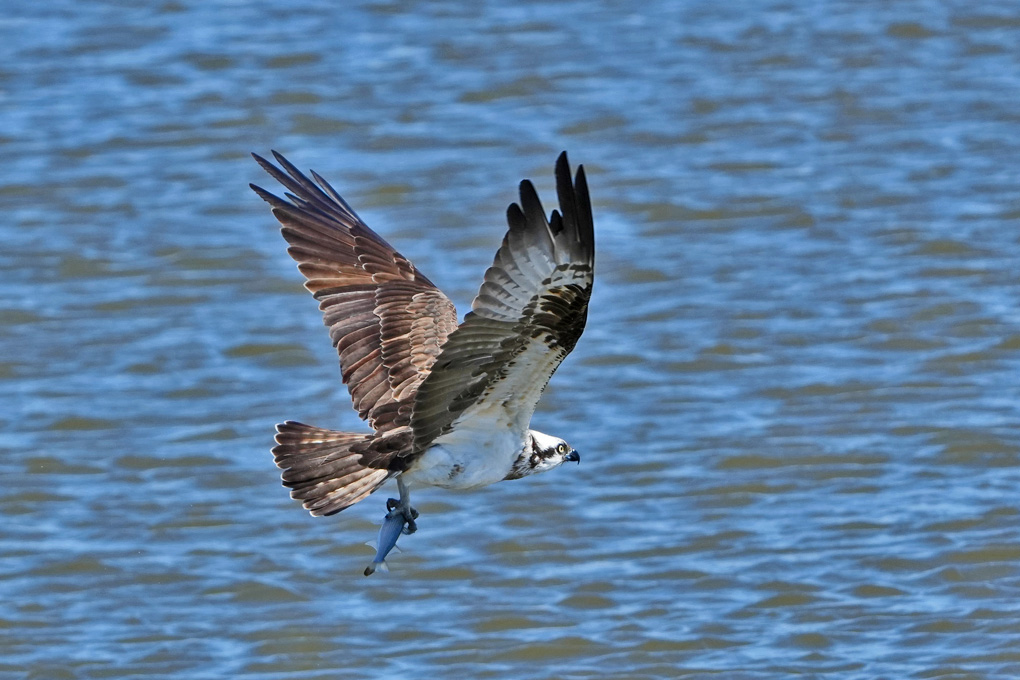 A resident bird, here only in winter, it can be seen above the lake water and in the surrounding trees.
A resident bird, here only in winter, it can be seen above the lake water and in the surrounding trees.
Peregrine Falcon
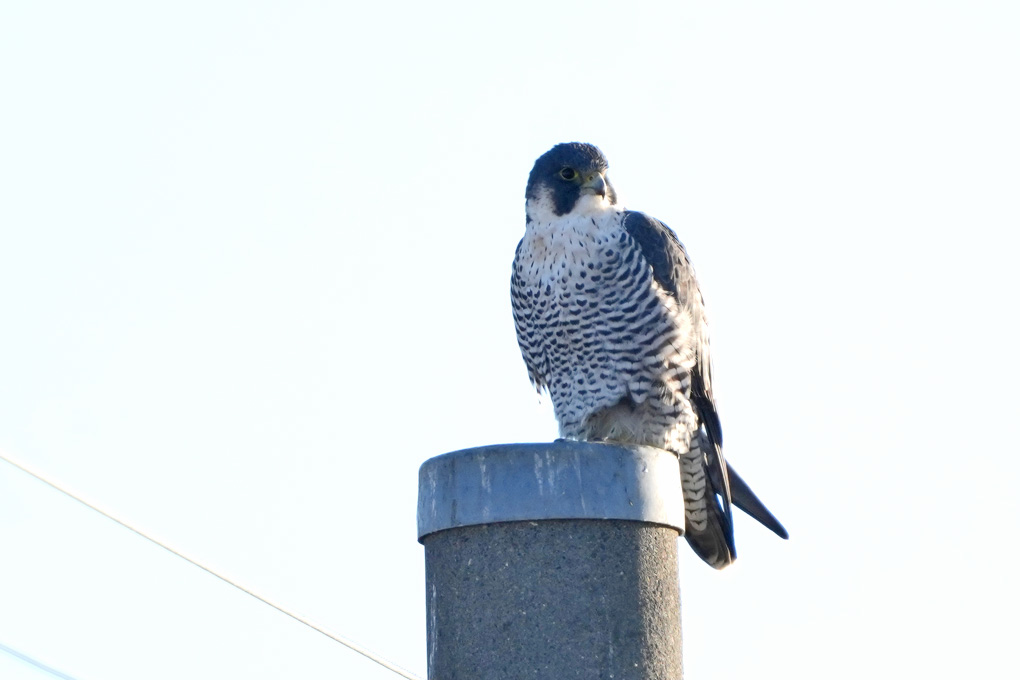 A resident bird, here only in winter, it can be seen in reed beds and nearby rice fields.
A resident bird, here only in winter, it can be seen in reed beds and nearby rice fields.
Common Kestrel
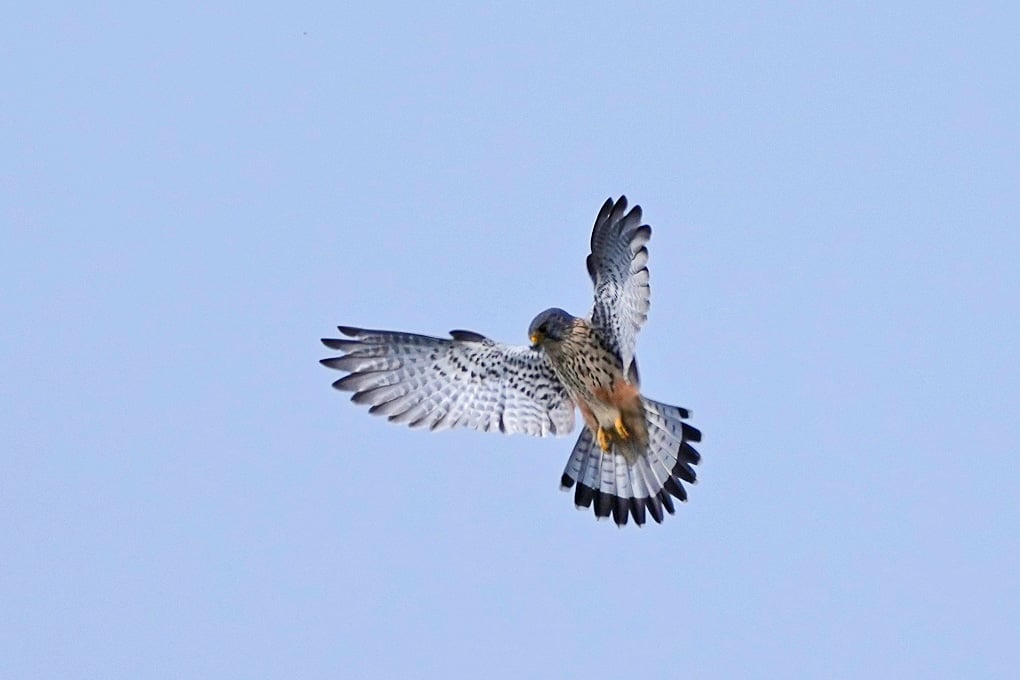 Although they are resident birds, their numbers increase every winter due to migration from the mountains. They can be seen in reed beds and nearby rice paddies.
Although they are resident birds, their numbers increase every winter due to migration from the mountains. They can be seen in reed beds and nearby rice paddies.
Merlin
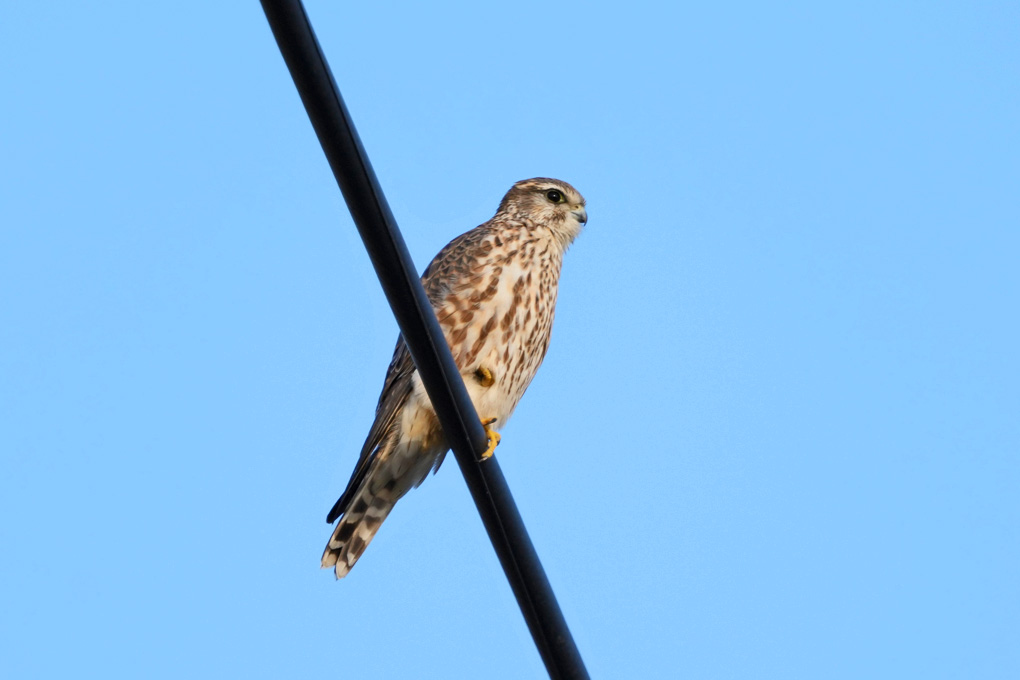 A winter bird, found in reed beds and nearby rice fields. Few in number.
A winter bird, found in reed beds and nearby rice fields. Few in number.
Short-eared Owl
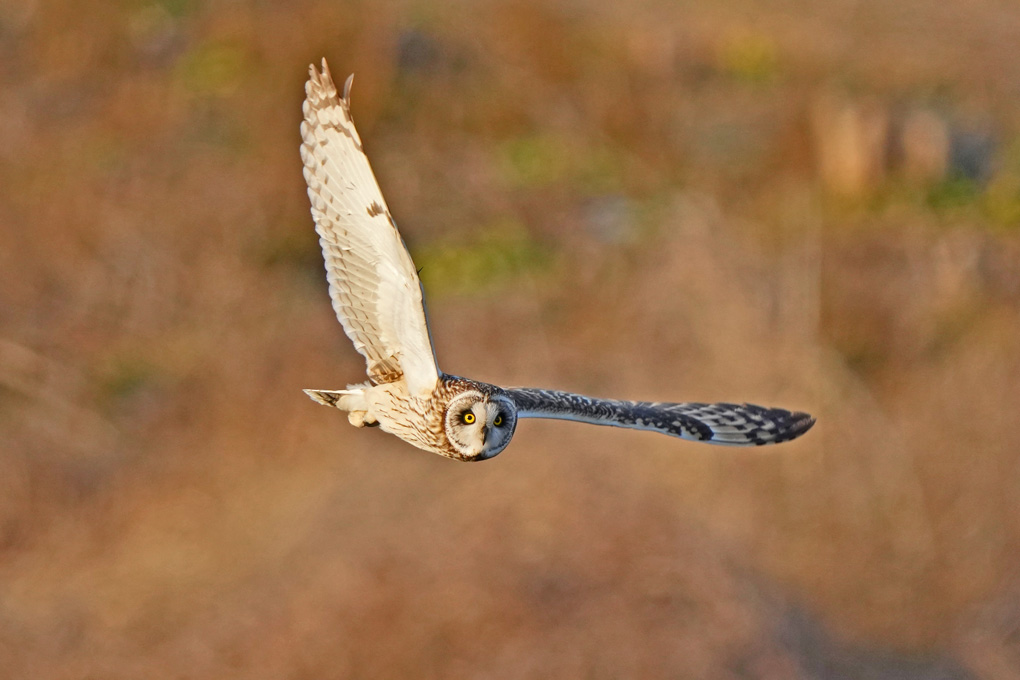 A winter bird, it can be seen in reed beds at sunset. However, the location where they can be seen varies, as they are natural enemies of the tundra-winged teal.
A winter bird, it can be seen in reed beds at sunset. However, the location where they can be seen varies, as they are natural enemies of the tundra-winged teal.
Long-eared Owl
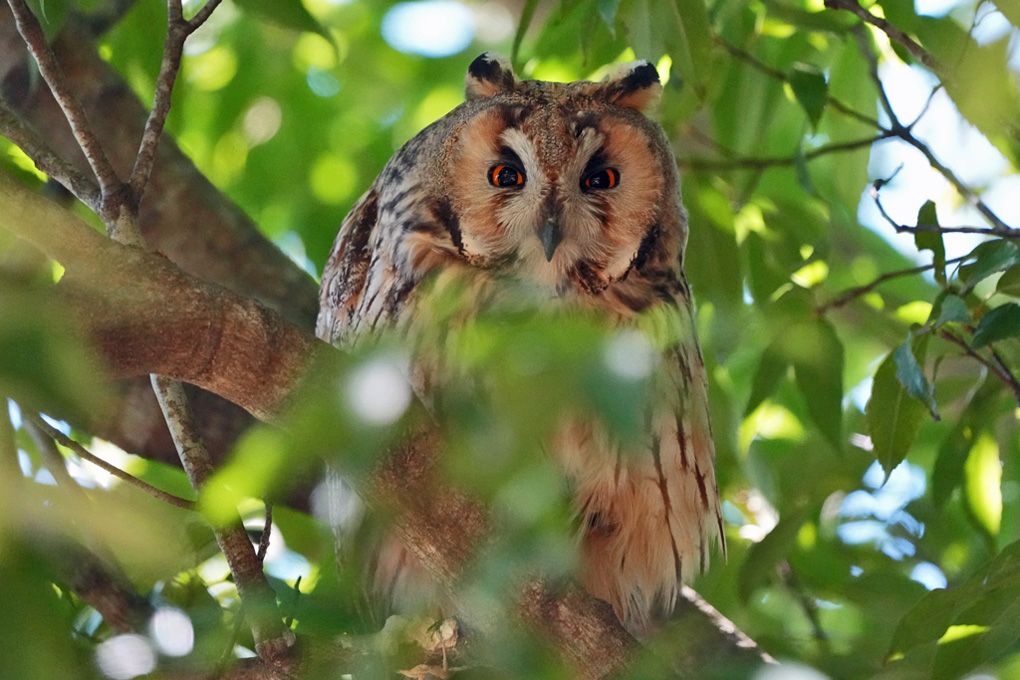 A resident bird, it is found here in the riparian forests in winter and spring. They breed in the spring and migrate after leaving the nest.
A resident bird, it is found here in the riparian forests in winter and spring. They breed in the spring and migrate after leaving the nest.
Waterfowl Seen in Reed Beds and Lakes
Watarase Yusui is one of the few breeding grounds for the Oriental Stork, a globally endangered species, and other rare species can also be seen here, including the taiga bean goose, tundra swan, and Eurasian bittern. In winter, numerous ducks, herons, and snipes can be seen, but only the rarer species are shown here.
Oriental Stork
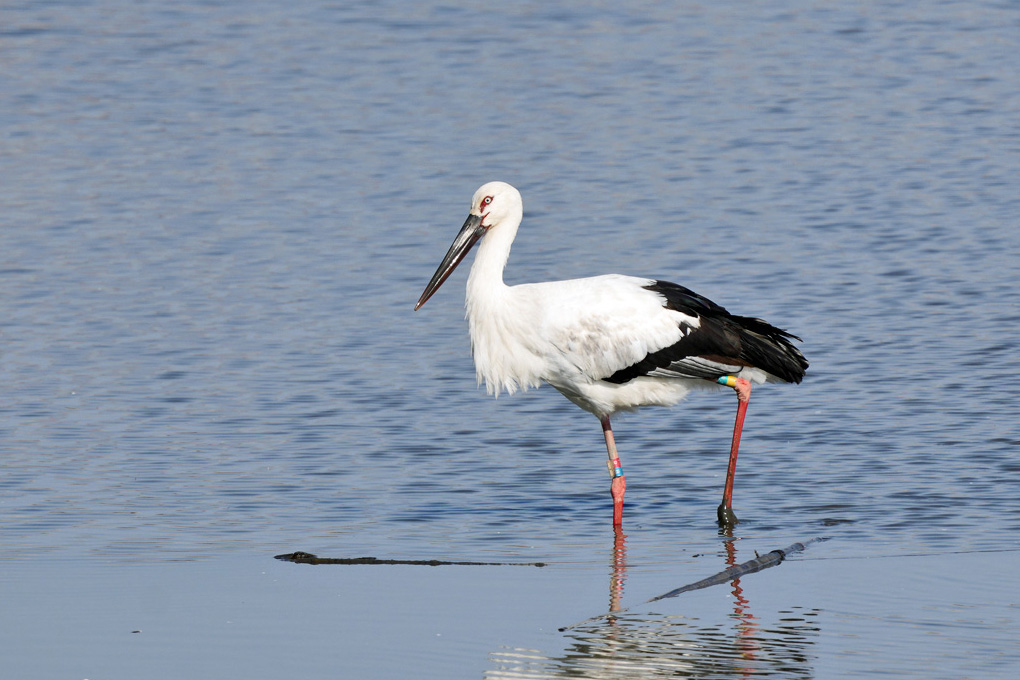 A resident bird, several pairs successfully molt annually. Found near the water’s edge of lakes and marshes.
A resident bird, several pairs successfully molt annually. Found near the water’s edge of lakes and marshes.
Falcated Duck
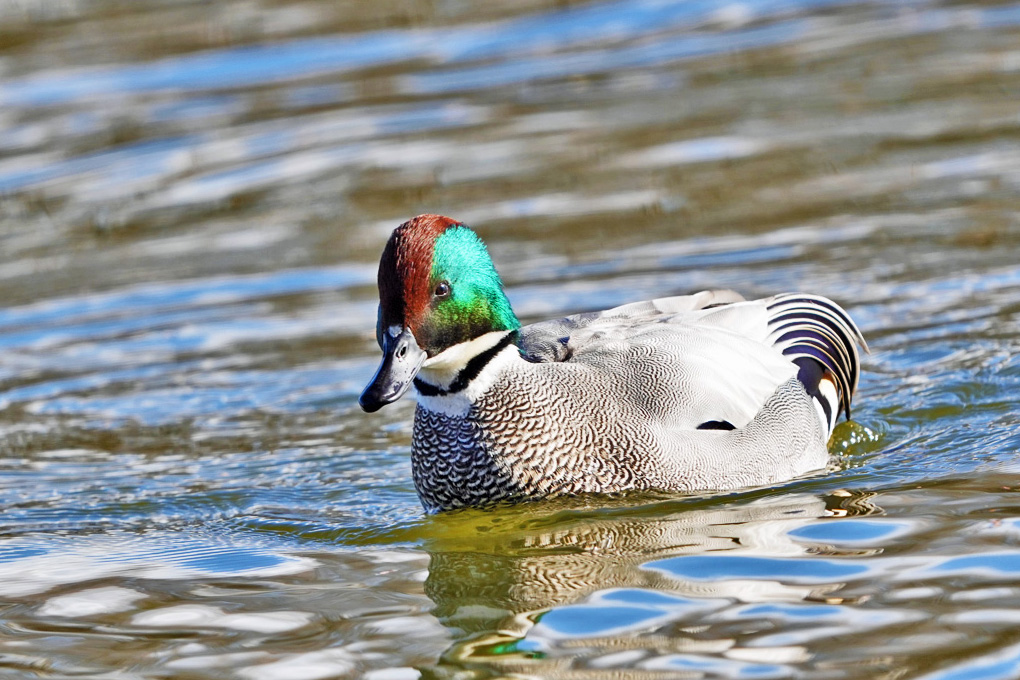 A beautiful winter duck, found in lakes and marshes.
A beautiful winter duck, found in lakes and marshes.
Smew
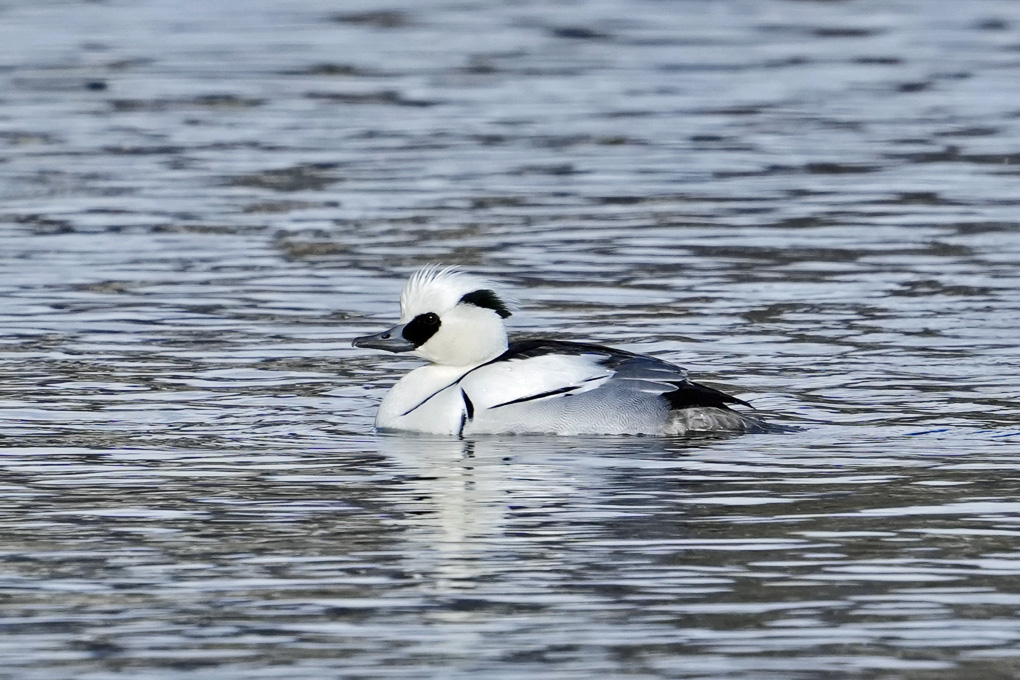 A beautiful two-tailed winter duck, found in lakes and marshes.
A beautiful two-tailed winter duck, found in lakes and marshes.
Northern Lapwing
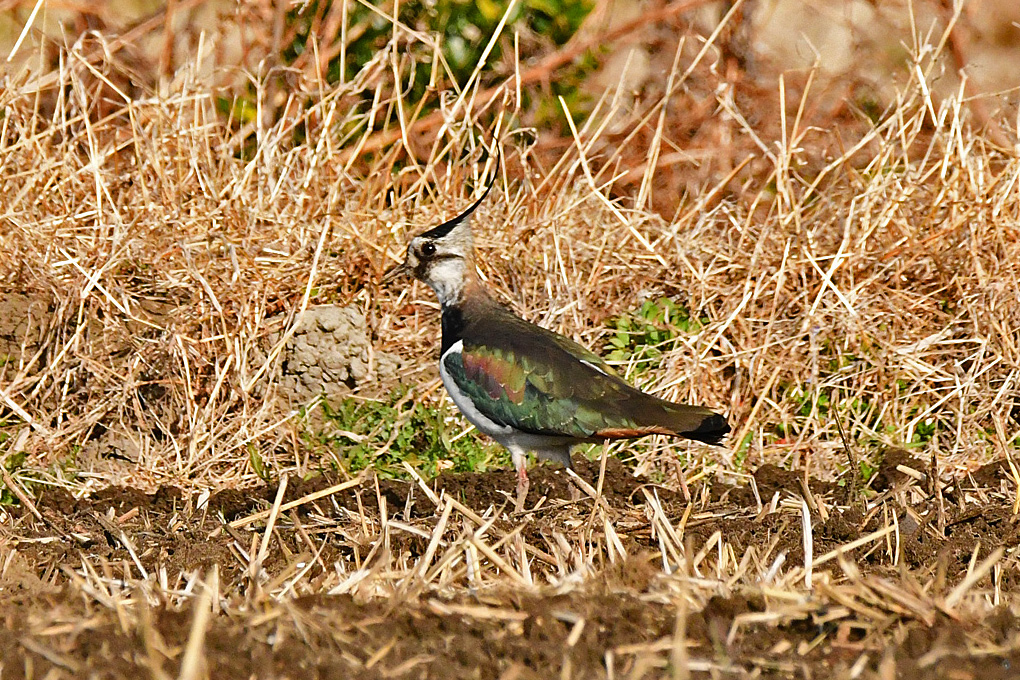 A large winter plover with beautiful metallic luster feathers. They can be seen in rice paddies and low grasslands.
A large winter plover with beautiful metallic luster feathers. They can be seen in rice paddies and low grasslands.
Grey-headed Lapwing
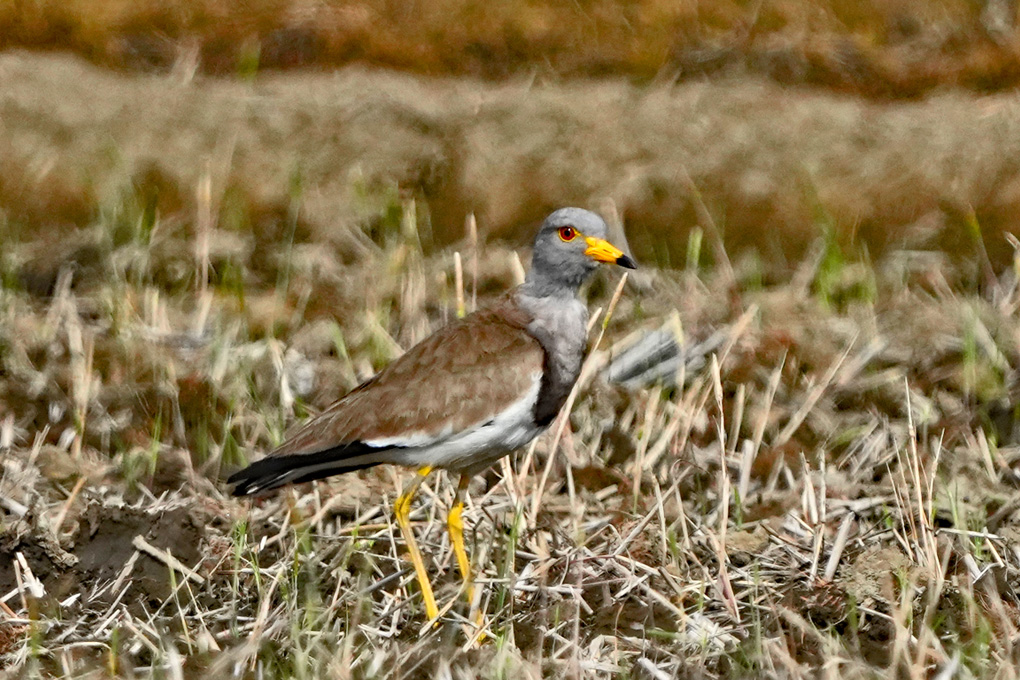 A large resident plover, found in rice fields and low grasslands. Few in number.
A large resident plover, found in rice fields and low grasslands. Few in number.
Eurasian Bittern
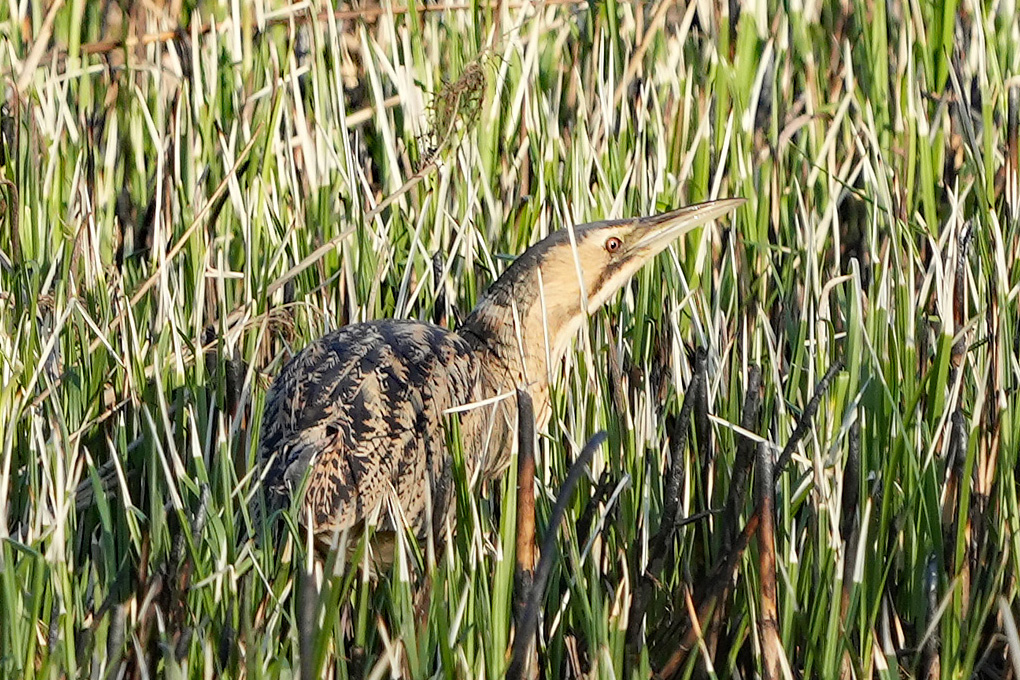
A resident heron, found in deep reed beds. They are very wary and are rarely seen.
Winter Birds and Mammals Found in Reed Beds and Riverside Forests
In addition to waterfowl, a variety of winter birds can be seen in reed beds and riverside forests. Some of them are introduced here, alongside other mammals.
Long-tailed Rosefinch
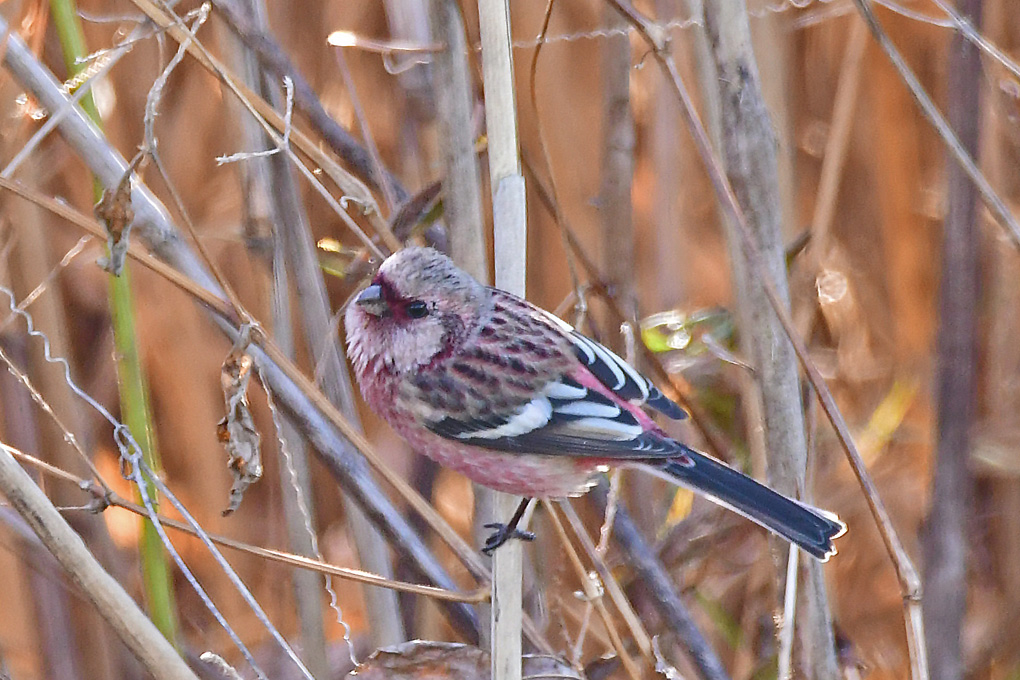 A beautiful little bird found in reed beds and grasslands.
A beautiful little bird found in reed beds and grasslands.
Common Reed Bunting
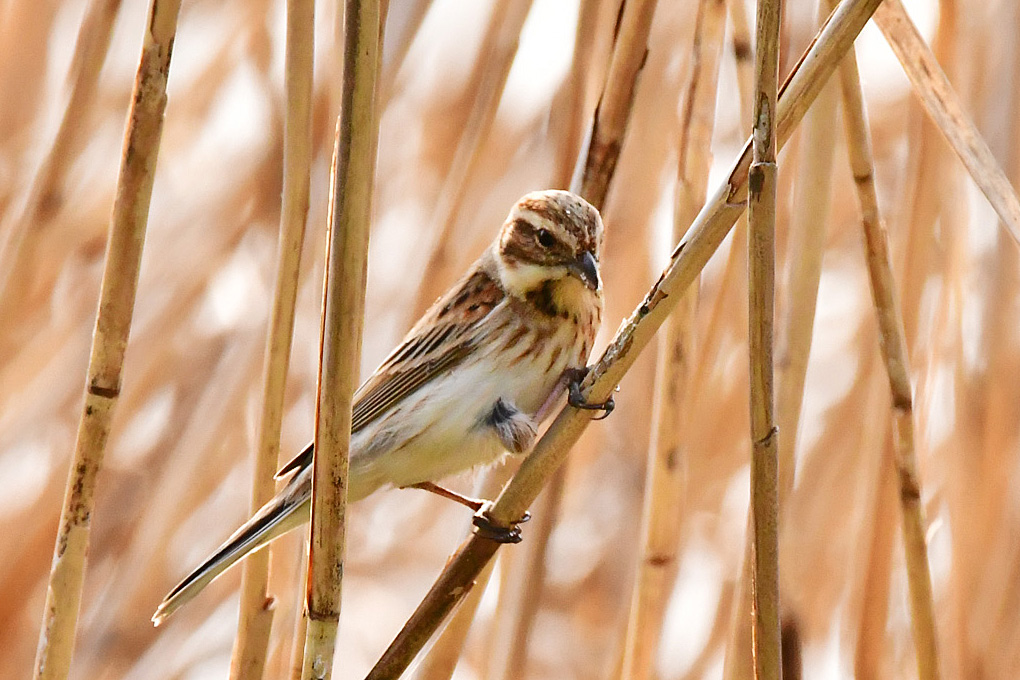 Seen in reed beds, they look for insects while splitting reed stalks.
Seen in reed beds, they look for insects while splitting reed stalks.
Brambling
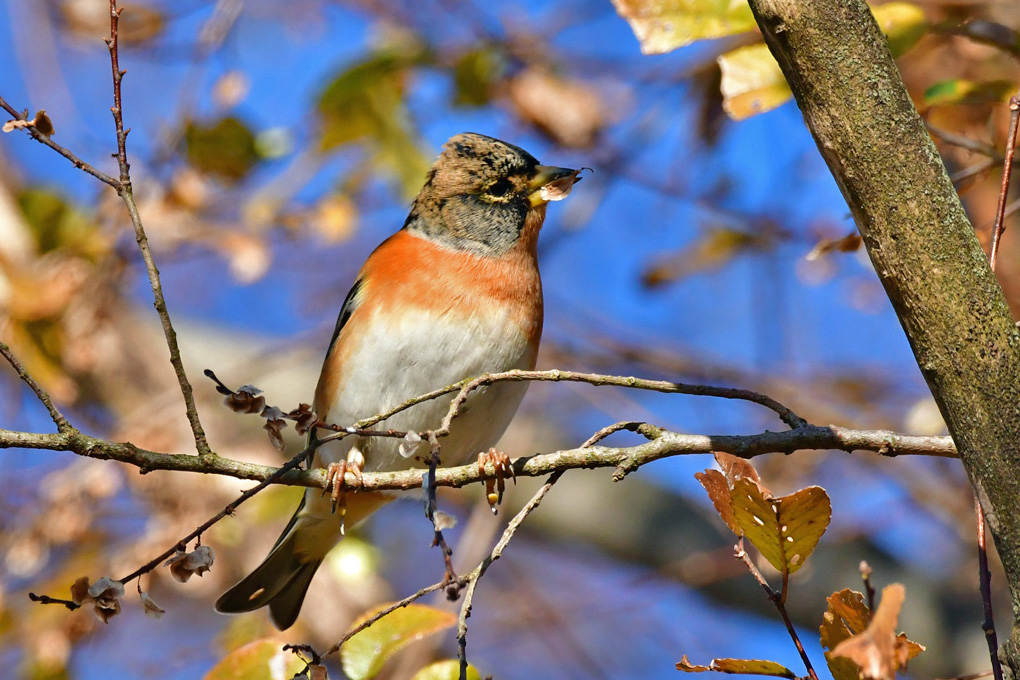 They move in flocks through riverside forests.
They move in flocks through riverside forests.
Daurian Redstart
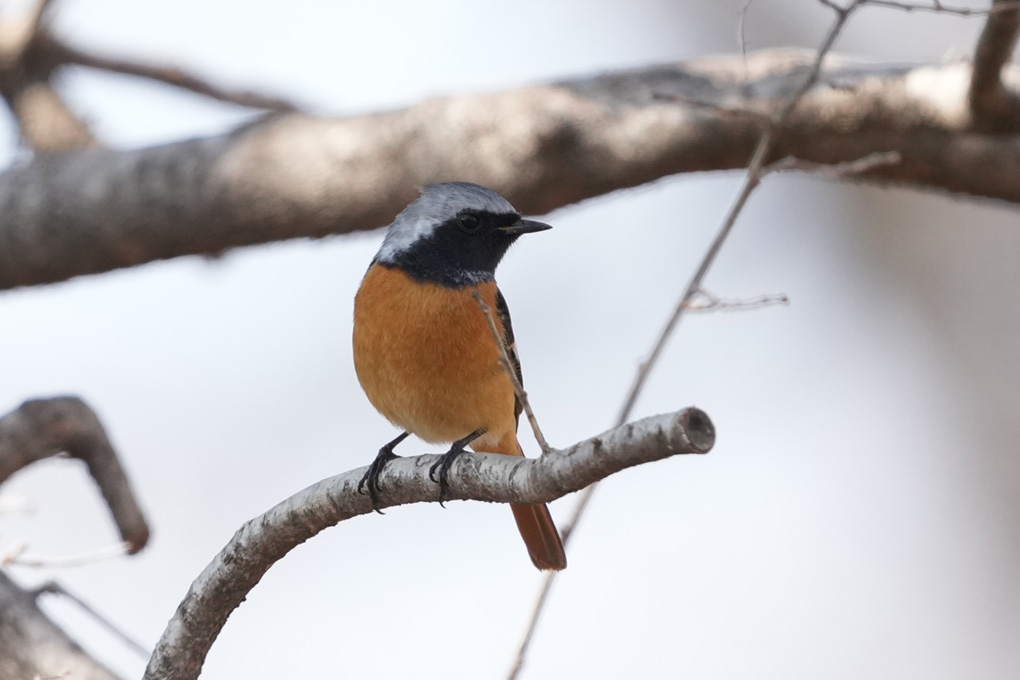 Found singly or in pairs in riverside forests.
Found singly or in pairs in riverside forests.
Hawfinch
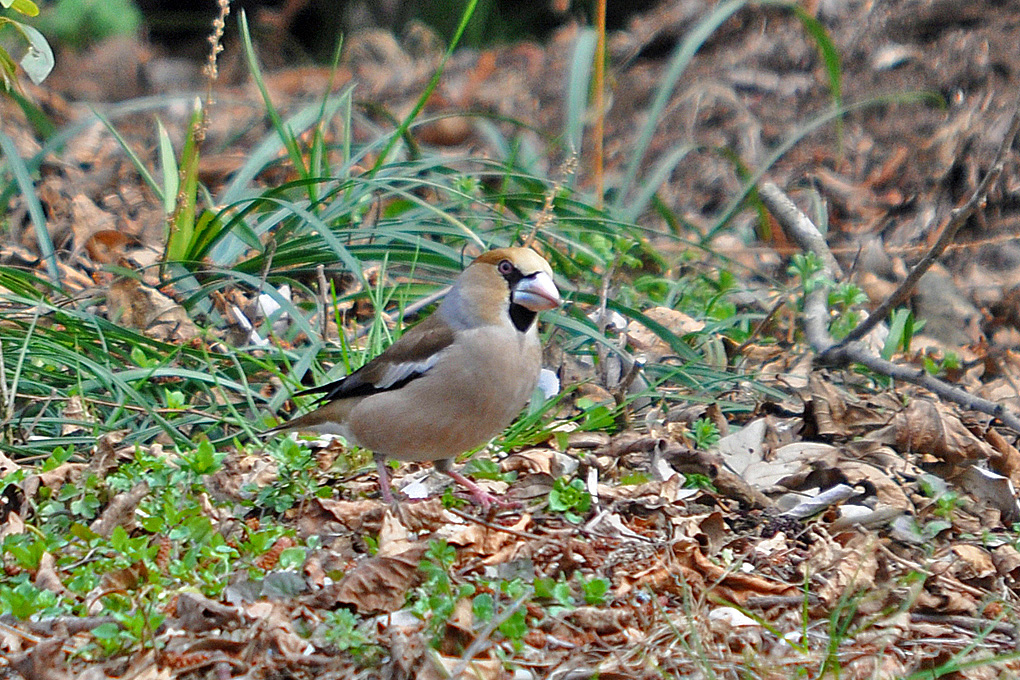 Found in groups or singly in riparian forests.
Found in groups or singly in riparian forests.
Green Pheasant
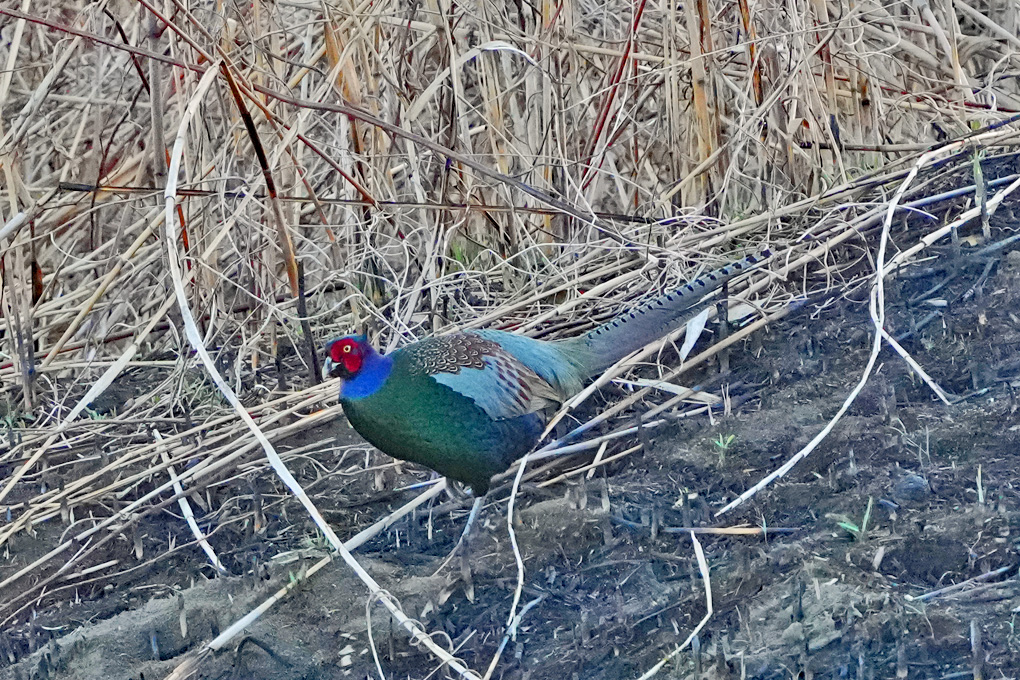 Found in reed beds and around deep bushes, they are easy to see in March during the breeding season.
Found in reed beds and around deep bushes, they are easy to see in March during the breeding season.
Japanese Boar
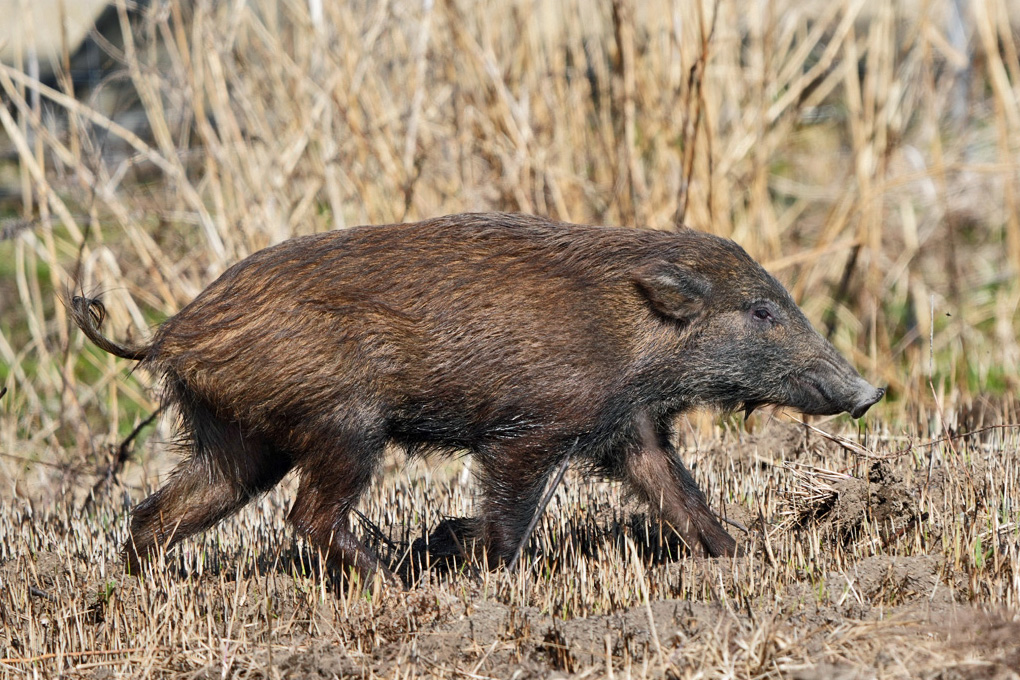 Found around reed beds and deep bushes. Bringing children along is not advised.
Found around reed beds and deep bushes. Bringing children along is not advised.
Raccoon Dog
 Found around reed beds and deep bushes. Other predators include the red fox, Japanese weasel, and the non-native common raccoon.
Found around reed beds and deep bushes. Other predators include the red fox, Japanese weasel, and the non-native common raccoon.
Photo & Text : Hiromichi HAYASHI
Observation : Watarase-yusuichi, Tochigi
*Contact us, Saiyu Travel for more information about wildlife and bird watching in Japan. We can make various arrangements for your trip.
*Youtube : Wildlife of Japan



